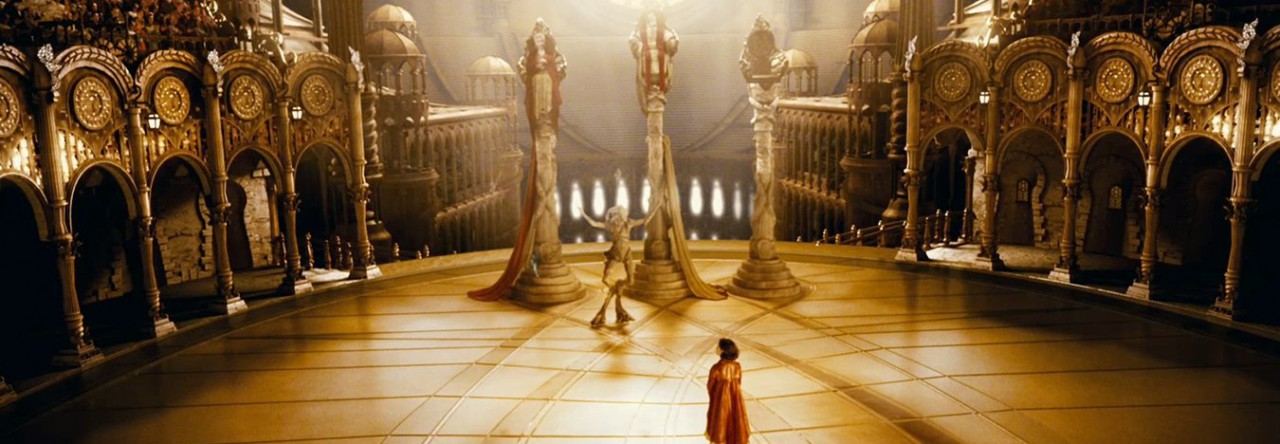We all know the routine. You’re watching a TV-show or a movie where something mysterious is happening. Our hero is urgently looking for answers and solutions. Suddenly a character pops up that is supposed to be enigmatic, but more often is just plain annoying. Our hero demands an explanation, but the annoying enigma-character just answers «You need to trust me. We don’t have much time.»
At this point I’ve seen this scene done badly so many times that my bullshit alarm goes off. It’s lazy writing, and a grim example of a writer baring the device inadvertently, through incompetence rather than conscious choice.
Trust is something you deserve, but cannot demand, in storytelling as well as in life. Through the annoying enigma-character, it’s really the writer that’s asking you, the viewer, to trust him. And when a storyteller reaches that point, he’s in pretty bad shape.
The confused writer may think that this device is totally valid. «I’m just creating mystery and suspense, and adding a sense of urgency,» the writer thinks. «And besides, it can’t really be that bad, since I’ve seen it used in almost every action or thriller series the past fifteen years.»
I’m sorry, but creating suspense and mystery isn’t supposed to be easy. It isn’t enough to just have a character say «We have to hurry!» to introduce pressure. And when you let your annoying character say «You need to trust me,» the subtext is «The writer doesn’t know the answer either. Or he is so lazy that he doesn’t bother telling stories without cheating by using stock lines and cliches from his tired bag of tricks.»
This doesn’t mean that I’m suggesting that the writer should give the audience all the answers right away. It means that mystery and suspense are advanced storytelling devices that need to be solved more elegantly.
Especially when it comes to a scene that’s about «I know the truth, but I’m not going to tell you,» the writer has a formidable challenge. The line between enigmatic and annoying is very thin indeed.
But while suspense and mystery in the hands of a poor writer is terribly annoying, they become art in the hands of the elegant and subtle storyteller. David Fincher’s Zodiac, for example, is a film about wasting years in a futile search for a truth that no one ever finds. It’s a crime mystery that does something very different than the genre norm. One might even say that Zodiac is to the crime genre what The Unforgiven was to the western genre.

Leave a Reply